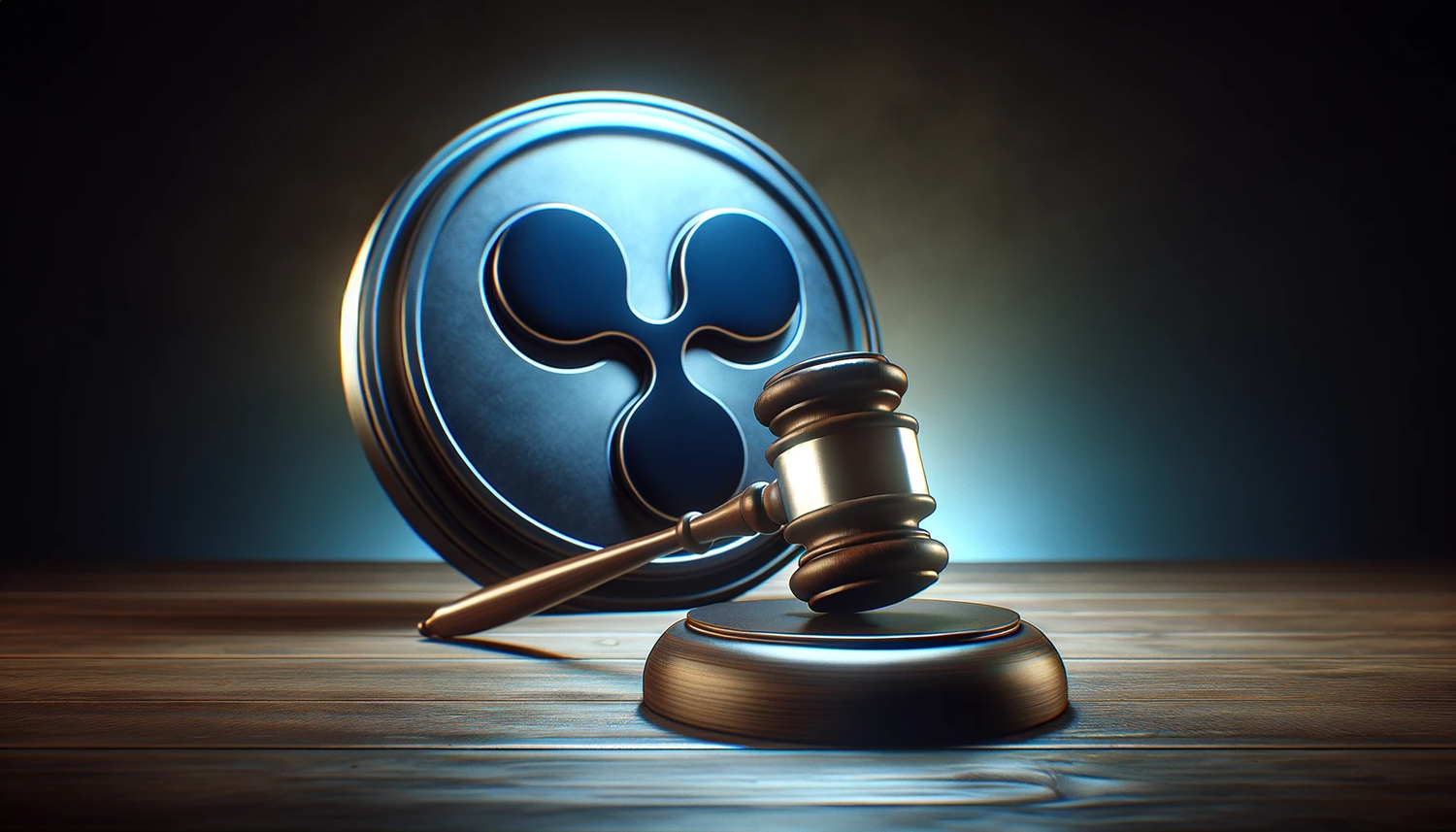The Securities and Exchange Commission (SEC) has decided not to appeal Judge Analisa Torres’ summary judgment partially in favor of Ripple Labs, marking a strategic shift to avoid setting a potentially unfavorable precedent in the high court. This possibility comes to light as the cryptocurrency community awaits the court’s ruling on the relief phase, expected by the end of summer 2024, after which the SEC’s appeal window opens.
Why the SEC Wants to Avoid Appeal Ripple
Kristina Littman, former head of the SEC’s Enforcement Division’s cyber division, weighed in on the SEC’s potential actions at a recent conference on digital assets. She speculated that, given the mixed judicial opinions in similar cases, the SEC may decide to accept the district court’s decision.
“I’m going to talk about the Riff appeal points,” she said. “I wonder if the parties will appeal there.” Her observations point to the uncertainties and strategic calculations at work behind the scenes.
Littman detailed the potential judicial conflicts that complicate appellate decisions, saying: “I think there’s speculation that Coinbase isn’t really commenting because Judge Rakoff and the Terra opinion explicitly disagree with Judge Torres’ reasoning in the Ripple opinion. Ripple’s input is significant, but we know that they are adopting Terra logic quite explicitly.”
She went on to emphasize that an appeal is unlikely, adding, “I think there is speculation that the SEC will simply hold Ripple’s opinion as the district court’s opinion and not risk elevating it to the circuit level, which could lead to potentially bad outcomes.” do. “If we receive another favorable ruling in the aftermath of the Ripple lawsuit, we will apply the law.”
Kristina Littman #secretary Just check it out #secretary No objection. #ripple example? 🙌🙌🙌
We know how this speculation went. She knows she too! pic.twitter.com/ilzqC74Ho3
— wEeZiE X💭John Deaton 4 Senate (@NerdNationUnbox) June 19, 2024
What’s at stake
The initial ruling in July 2023 found that Ripple’s programmatic sales and secondary market trading were not classified as securities transactions. The company won three out of four contested points. Judge Torres concluded that XRP sales to institutional customers constituted security transactions.
This was seen as a major win for Ripple amid the long-running debate over XRP’s classification as a security. The ruling will depend on the detailed interpretation of U.S. securities laws, particularly how they apply to digital assets not explicitly covered by existing statutes.
In other related cases, the verdicts were mixed, making things more complicated. For example, in SEC v. Terraform Labs, Judge Rakoff rejected Judge Torres’ reasoning as applied to the Ripple case. Additionally, Coinbase, a major cryptocurrency exchange, aligned itself more closely with the Terraform Labs case ruling rather than addressing the Ripple decision, further complicating the regulatory environment.
Littman’s comments reflect broader strategic considerations within the SEC to potentially avoid testing uncertain legal waters at the appellate level, which could cement unfavorable precedents that could hinder the agency’s ability to effectively regulate the sector. Instead, the SEC may seek to maintain a more flexible regulatory stance by not appealing.
At press time, XRP was trading at $0.50054.
Featured image created with DALLE, TradingView.com chart

